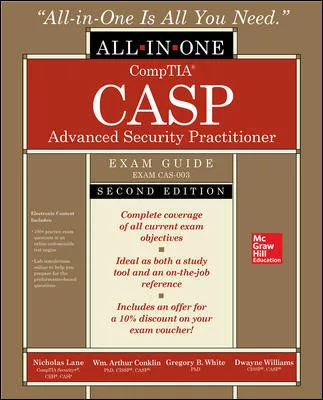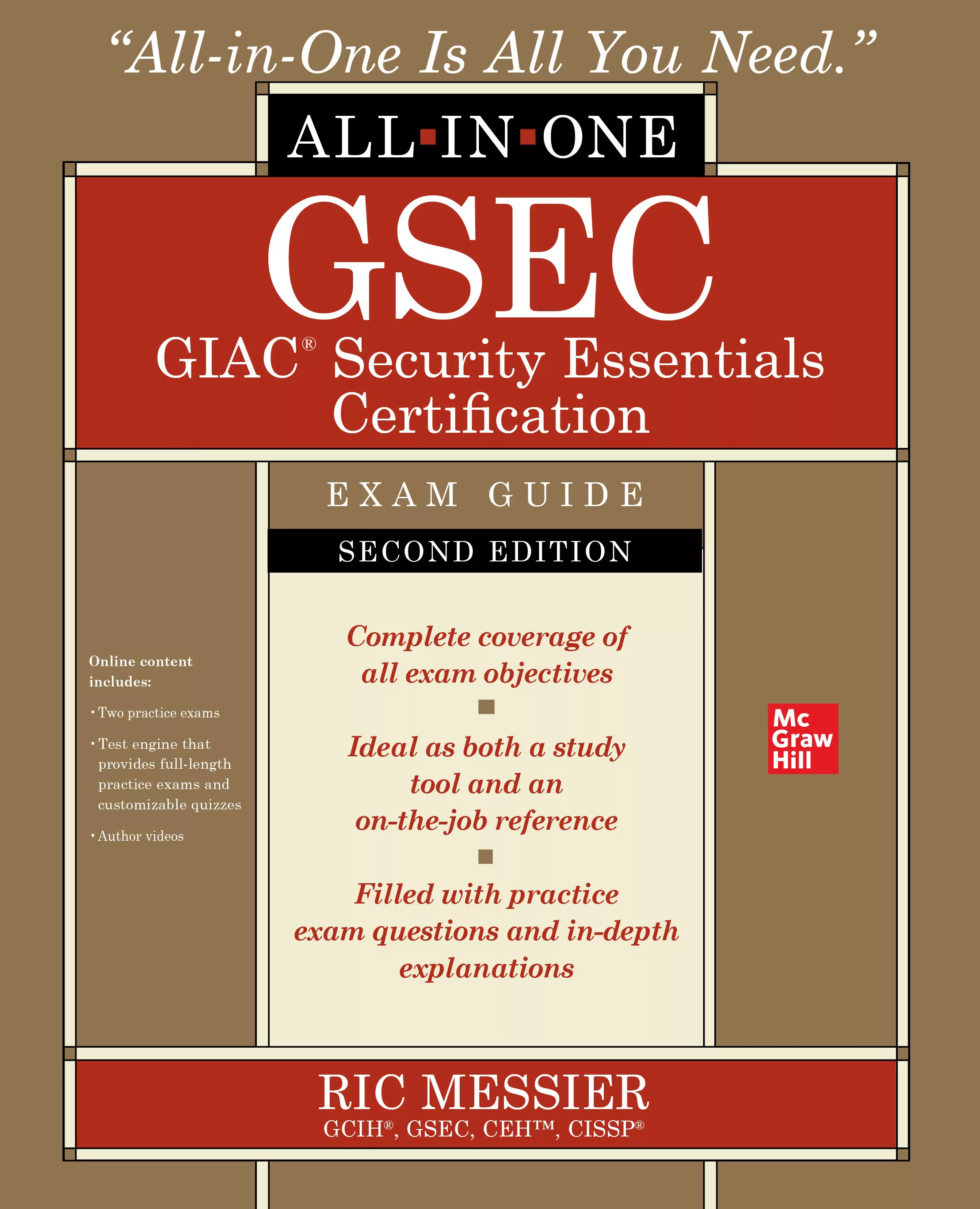Salaries, Hiring, Firing and Security’s Value Are All Up…What’s Changing?
At the recent IACLEA* meeting in Atlantic City several attendees expressed their newest challenge from their trustees: Find progressive, IT-savvy executives who can lead security, with law enforcement experience not being a pre-requisite.
As security’s circle of responsibilities is redrawn to include risk issues such as insurance, business resilience, disaster recovery and emergency management, new job descriptions, qualifications and salary scales are being created.
As security’s circle of responsibilities is redrawn to include risk issues such as insurance, business resilience, disaster recovery and emergency management, new job descriptions, qualifications and salary scales are being created.
The change in job descriptions is being noticed. Sam Vinicur, president of Total Search Solutions, a leading recruiter in the security market told us, “Business continuity and risk management skills and experience are in greater demand than law enforcement or physical security experience. We also are asked to find candidates with strong IT knowledge to secure information. These are the significant changes we are seeing.”
The improving economy and increase in security related incidents from violence to asset theft is opening a small hiring floodgate. “Hiring is a release after holding off for the past 18 months,” says Bob Hayes, managing director of the Security Executive Council**. While salaries are growing significantly for security executives, they are also losing their jobs faster. “Firings are a healthy sign for our industry. The biggest change is that executive management understands risk. They are still defining security’s role but know that risk is the sandbox in which security must play,” says Hayes. As a result, many companies are not using their internal succession plans but are going outside.
The CSO of a leading IT company shared anonymously with me that he was frustrated with the pool of candidates being sent to him for management positions on his team explaining, “The candidates present themselves as having 20 years experience in law enforcement, but the unfortunate reality is that I see them as having one-year experience, twenty times.”
Jeff Snyder, president of SecurityRecruiter.com, shared a recent experience placing a CSO at a major company. He noted all three final candidates had previous law enforcement backgrounds, but the candidate that won the position focused on his most recent business accomplishments and asked questions of those interviewing him about their business goals and how they expected security to contribute. The feedback was that this person would be a great team member who would figure out how to say, “yes” and not be the typical security manager who just tells you all the things you cannot do.
“When a candidate can tell me their current organization’s leaders are inviting them to their meetings to participate in their business planning and strategies, then I know I am talking to an elite executive with security expertise,” says Snyder.
“Companies are taking a hard look at their job descriptions as many current security executives with law enforcement backgrounds retire or depart,” Snyder adds. “They are looking hard at risk and stopping to ask what do we need to do to change this position and department so it meets our current and future needs of the overall organization? Do we have that person here? If not, do we seek a law enforcement person or a business person with management skills and experience?”
The CISO at a global company built a successful organization by calling all department and line of business owners, scheduled meetings and asked where they wanted to take their business and how they planned to get to the next level. He asked himself how his organization could help them reach their goals as a result of the information they shared. And he made it a mantra among his staff that, “We gotta let the business do business.”
*The International Association of Campus Law Enforcement Administrators (IACLEA) advances public safety for educational institutions by providing educational resources, advocacy, and professional development services. IACLEA, at www.iaclea.org, is the leading voice for the campus public safety community.
**For a great resource on current security job descriptions, salaries and qualifications visit securityexecutivecouncil.com and see Security Careers by Jerry Brennan and Steve Walker.
**For a great resource on current security job descriptions, salaries and qualifications visit securityexecutivecouncil.com and see Security Careers by Jerry Brennan and Steve Walker.
Links
Looking for a reprint of this article?
From high-res PDFs to custom plaques, order your copy today!




